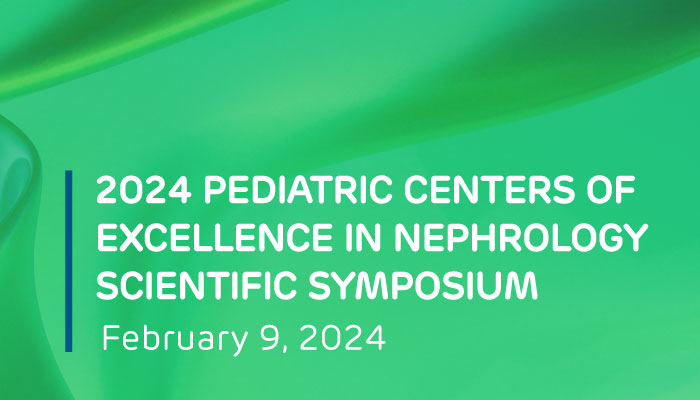HOW CAN WE HELP YOU? Call 1-800-TRY-CHOP
Pediatric Center of Excellence in Nephrology
Children's Hospital of Philadelphia established the Pediatric Center of Excellence in Nephrology (PCEN) with funding from the National Institute of Diabetes and Digestive and Kidney Diseases to promote and develop clinical trial research with a focus on nephrology. CHOP PCEN's mission is to increase efficiency and reduce barriers to collaborative clinical trials by serving as a widely available resource to all clinicians, researchers, and investigators helping children with kidney disease. Its Cores and Programs aim to increase awareness of nephrology research, the impact of the research, and the robustness of its clinical trials.
Research Highlights
Comparative Effectiveness of Balanced Fluids Versus Normal Saline to Reduce Acute and Chronic Kidney Disease in Children with Sepsis
Acute kidney injury (AKI) is a risk factor for adverse outcomes in critically ill children and is particularly significant for children with sepsis. Read more.
Causal Effects of Time-Varying Treatments on Recurrent Event Outcomes
Pragmatic trials and comparative effectiveness research often require causal inference methods to establish cause-effect relationships between interventions and outcomes. Read more.





